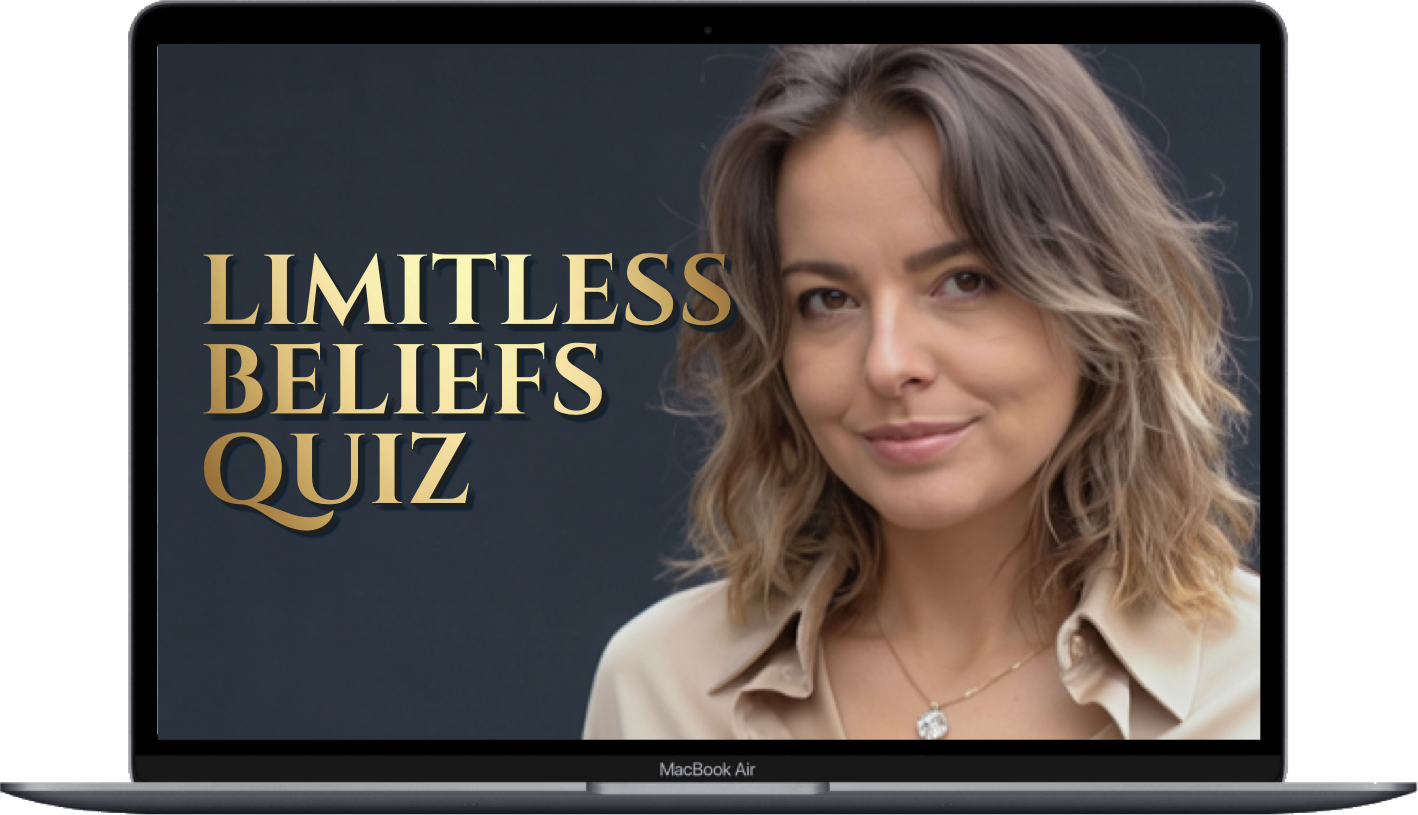If you’ve ever felt like you’ve already “done the work” but still carry a quiet undercurrent of unworthiness, this is for you.
I was listening to one of Abraham’s (Esther Hicks) talks when something cracked open. I’d heard the message before, but this time, it landed differently. I realized I still didn’t see myself as worthy.
Not just in a vague, spiritual-theory kind of way — but in my body, in my heart. Unworthy of closeness, of love, of care, of tenderness. I had thought I had moved through it. On paper, I knew I was worthy. But my actions and reactions told a different story. And that’s where the real dissonance lives: when you understand something intellectually but your system still operates from the old belief.
The Mirror Moment
So, I did something deceptively simple. I wrote down the reasons why I believed I wasn’t worthy of closeness.
There weren’t that many.
Even more surprising — most of them fell apart under the light of simple logic. Half were laughable, and the other half could’ve belonged to anyone. Just shared human pain. Only one “serious” reason stayed on the list — a deeper one I wasn’t ready to share yet. But even then, the experience left me feeling lighter. For a full day and then some, I felt free. Fully expressed. Joyful.
Then, like a balloon losing air, I deflated. It’s happened before — and maybe it’s happened to you, too. You feel like you’ve finally cracked the code… then your nervous system pulls you back into the old shape.
Why This Happens (and Why It’s Not a Setback)
When we begin returning to ourselves — to the unguarded, open-hearted child we used to be — we also begin sifting through the storage room of our inner world. Most of us carry beliefs and conclusions we didn’t even consciously choose. They were inherited, absorbed, or constructed in response to pain, shame, and fear.
And these beliefs don’t just sit quietly. They pile up and become our identity.
Some people walk through life just fine with their “trunk of beliefs.” Others — often the emotionally attuned and deeply reflective ones — hit roadblocks. Relationships feel harder. Joy feels elusive. Simplicity feels like something other people can access, but not you.
But here’s the truth I want to offer:
If you’ve ever felt that heaviness, it doesn’t mean something’s wrong with you. It means you’re waking up.
And waking up means working through the clutter — one belief at a time. Sometimes with help, sometimes alone. But always by turning inward, not away.
What Acceptance Actually Means
It’s a buzzword, yes. But it’s not just a concept. It’s a practice.
Acceptance isn’t passive or weak. It’s a deeply active form of humility.
It’s not “tolerating” something you don’t like. It’s recognizing that everything in this world — including the parts you want to change — is part of you. That there’s no part of you or anyone else that exists in isolation.
When we reject something in others — their behavior, their wounds, even their shadows — we’re usually rejecting that very same thing in ourselves.
And when we reject ourselves? Love becomes complicated. Not just romantic love, but all love — connection, warmth, intimacy. Because when there’s self-hatred under the surface, it leaks into everything.
You Can’t Hate Yourself and Love the World. Because You Are the World.
This realization — that we are all one — reshaped how I relate to people.
I understood I didn’t need to “give” love physically or in words. I could hold someone in my heart. I could radiate it in thought. And the same goes for me. I could receive love from myself.
We’re not separate from others in our worthiness. We are not excluded from the love we freely give.
So when you feel that rejection — of someone, of something, of yourself — it’s a cue. Not to judge. But to return.
To say, “Ah. Something in me is still asking to be seen. Let me go there.”
A Few Simple Steps That Helped Me Reconnect:
- Write it down. What do you think makes you unworthy? Be honest. Don’t censor yourself. See it in black and white.
- Question each item. Is this belief true? Where did it come from? Would you say it to someone you love?
- Look for the shared humanity. So many of the things we carry feel personal, but they’re profoundly universal. Recognize the human condition in your own pain.
- Practice micro-acceptance. Every time you notice judgment (toward yourself or others), pause. Ask: Can I allow this to be here, just for now?
- Let love be quiet, too. You don’t always need a grand gesture. Sometimes thinking of someone with love is enough. Do the same for yourself.
Final Thought: You Belong Here.
Not because you’ve earned it. Not because you’ve finally healed everything.
You belong simply because you are.
And so does your pain, your joy, your mess, your magnificence.
Acceptance is not the end of the journey — it’s what makes the journey possible.



